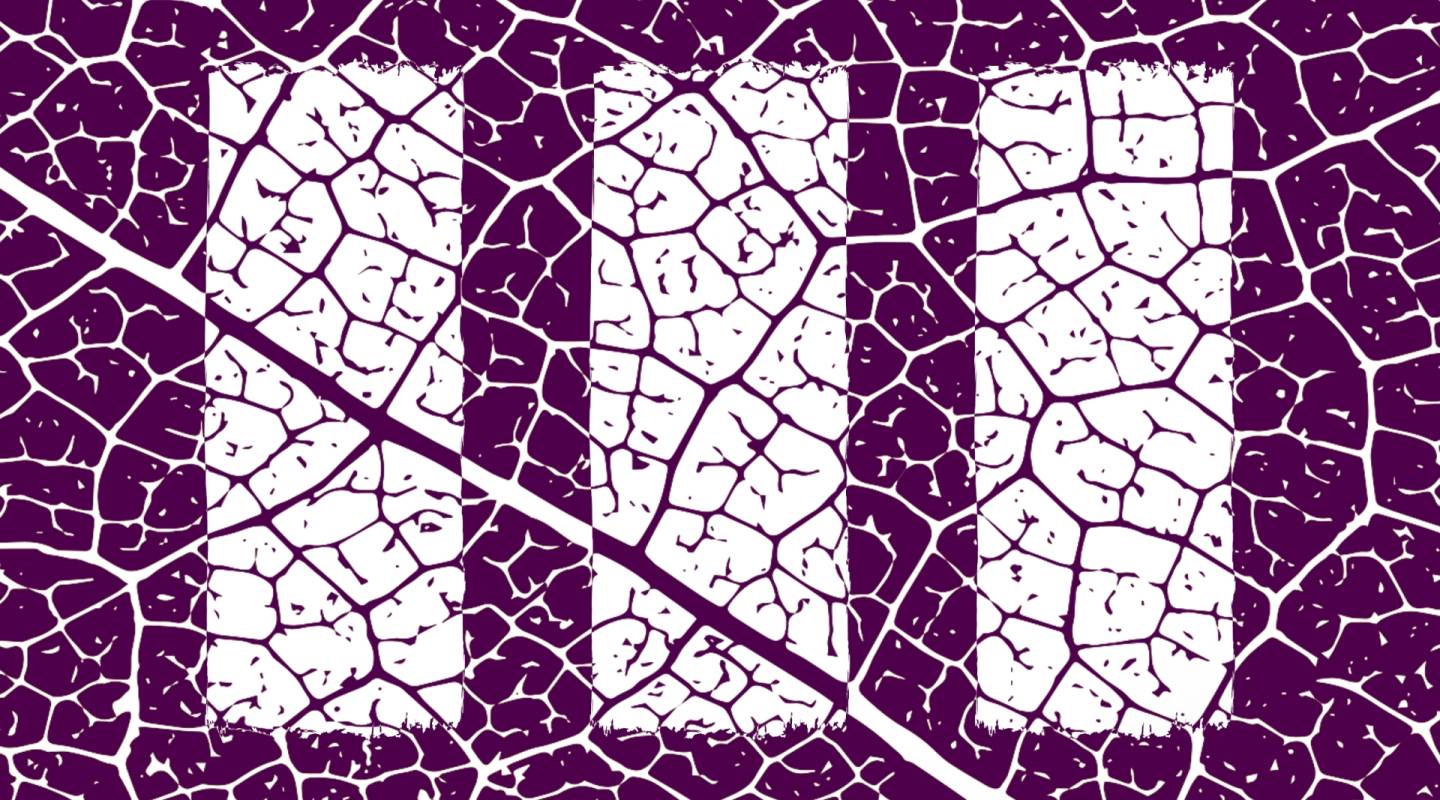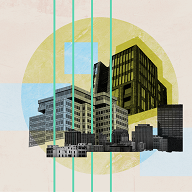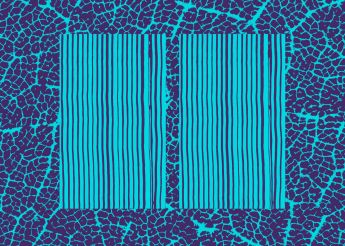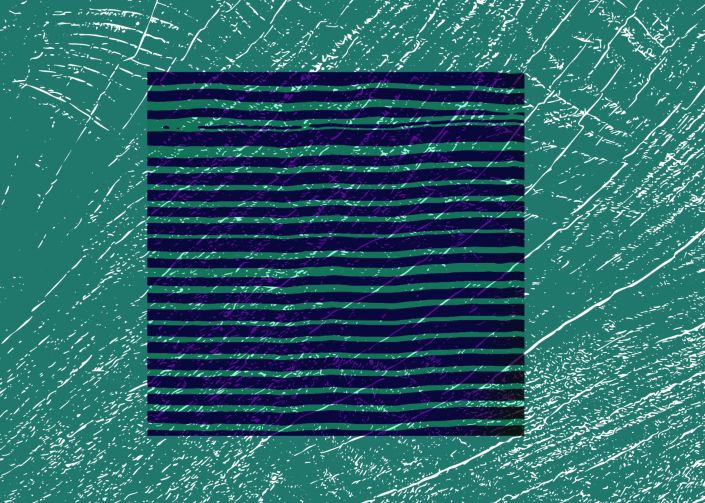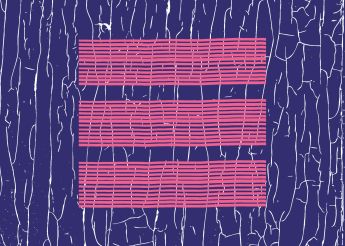The dynamics of criminalising poverty in Haiti and Tunisia, and inheriting the French colonial legacy. (Extracts]¶
Arnaud Dandoy. A growing number of researchers around the world are shining a light on the disproportionate impact that certain laws and regulations criminalising minor offences have on the most disadvantaged and marginalised groups in society. According to data collected by the Centre for Research and Exchange on Security and Justice (Centre de recherche et d’echange sur la securite et al justice, CRESEJ), minor offences make up 25% of cases dealt with by the Haitian justice system.
There are also many young people in prison for minor offences in Tunisia. For example, three young men accused of using cannabis were sentenced to 30 years in prison by the court of first instance in Kef. Another young man in pre-trial detention in Sfax prison died recently due to not receiving insulin for his diabetes.
Prison kills and will continue to do so, given the appalling detention conditions in Tunisia and Haiti. Prisons in these countries are overcrowded and fall well short of international standards, which recommend a minimum of 4m2 per prisoner. The average occupancy rate in Tunisia is 126%, with only 2m2 per prisoner. In Haiti, this figure was much higher prior to the escape of over 9,000 prisoners in February of this year. Overcrowding had hit 400% at that time, with 0.5m2 per prisoner. Detention conditions at the national penitentiary in Port-au-Prince, the country’s largest prison, were particularly inhumane. A lack of beds meant prisoners were forced to sleep in shifts. At another prison in the south of Haiti, it took several prison guards to close the cells, as they were so crammed full of prisoners.
There has always been a widening gap between what prison is meant to be and what it actually is. Prison systems change but this gap never closes. Prison doesn’t fulfil its purpose of punishing those who commit offences, rehabilitating them and preventing them from reoffending, as it is meant to. In some ways, prisons in Haiti and Tunisia cannot even be classed as penitentiary institutions. They don’t punish offenders, as the majority of prisoners are in pre-trial detention, so are presumed innocent until they have been sentenced. You could even say that they are presumed guilty, otherwise why would they be incarcerated? Under these conditions, prison cannot play its role as a penitentiary instrument, meaning a punishment in response to a crime having been committed.
Prison doesn’t reintegrate prisoners either. It de-capitalises, de-socialises and impoverishes them instead.
Another role often assigned to prison is that of correcting and rehabilitating prisoners. We have learnt from Michel Foucault’s work that prison acts as a school for crime. In the words of one Haitian prisoner: ”You make contacts in jail. Prison is the place to become a real criminal. You meet dealers, they tell you about other rings, you can go in for a small crime and come out a gangster.” Thus, prison doesn’t fulfil its role as a crime deterrent, and there are high reoffending rates in both Haiti and Tunisia. You could also question whether prisons are capable of tackling crime, given the number of breakouts. In Haiti, nearly a thousand people escape from prison each year. Hence, prison fails in the duties assigned to it.
Prison failings in Haiti also link back to the country’s colonial heritage, as well as the circulation of penitentiary models which have not been modified for specific environments.
The criminalisation of poverty is not a new phenomenon. Research by the CRESEJ on the history of prisons in Haiti revealed that since its origins during French colonisation (1630-1803), the Haitian penal system has primarily targeted the most vulnerable and deprived groups, who were seen as a threat to the colonial order and the slave trade. However, there was never any deep thought put into adapting the prescriptive and repressive models imported from abroad to the Haitian context. Haiti has a poor incarceration rate compared to other countries in the region, as the population is reluctant to turn to the police and courts to resolve their disputes, instead favouring “alternative” methods of conflict resolution. Sometimes individuals being hounded by members of the public seek refuge in prison. Likewise, it is wishful thinking to promote alternatives to prison in a place where basic infrastructure is currently lacking. The use of electronic tagging remains limited, as it requires access to electricity, which only 38.5% of the population regularly have. Those with access belong to the most privileged sectors of society, who, by default, are not as heavily targeted by the prison system.
Michel Foucault asserted that our desire to reform prisons is as old as prisons themselves. We have known since the birth of prisons that they don’t work and we have sought to reform them. Yet, we insist on reinforcing the prison fortress. Why? Because it fulfils other roles that help maintain the dominant social order. To quote Foucault, prison is “an instrument with which to manage popular illegalisms”. It is used to incarcerate those on the fringes of society and anyone who is seen as a threat to the social order, including activists and political opponents. Moreover, the tactics used to maintain order during colonial times are echoed in today’s practices for upholding the social order. The same groups of people are always targeted.
The more the State relinquishes its social duties, the more the criminal justice system takes over this role and assumes responsibilities which don’t belong to it.
Canadian criminologist Alvaro Pires, employs the metaphor of a fly caught in a bottle: we are trapped in an imaginary world where prison remains the blueprint for punishment. Today, it is very difficult to envision a world without prison. Alternative sentences aren’t helping to ease overcrowding in prisons. On the contrary, the criminal net has widened since alternative sentencing was added to the criminal justice system’s arsenal of punishments. Individuals who may not have been sentenced to detention now find themselves saddled with an alternative sentence, which sometimes comes with very restrictive conditions. If these conditions are broken, the punishment remains the same: prison.
Organisations working in prisons are not always aware of the role they may play in strengthening the prison institution.
In this context, should we continue to advocate for the rights of prisoners? Or should we refocus our efforts on reforming prisons?
It is a difficult question, but it is crucial to fight to improve the rights of prisoners, so long as prison exists. During this fight, we must remain fundamentally sceptical on the role of prison, as emphasised by Dan Kaminski and Gilles Chantraine. That is why at ASF, we work to decriminalise certain “problematic situations”, alongside our efforts to speak out against poor detention conditions. For example, we are challenging Law 52, which criminalises the use of drugs in Tunisia. Our goal is to campaign to stop prison being a systematic response to this issue.
Françoise Tulkens once said: ”Just as today the right to life refutes the death penalty, I believe that one day, the right to freedom will refute imprisonment as a form of punishment.” With this in mind, we will be able to start thinking of ways to break the vicious circle of building more and more prisons.
